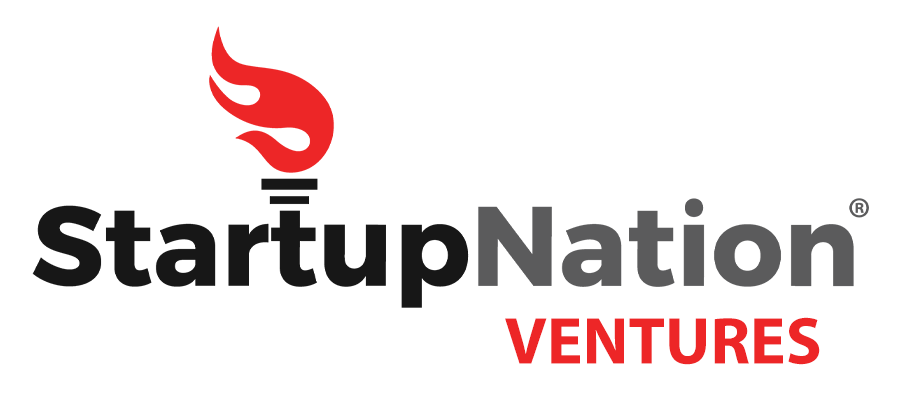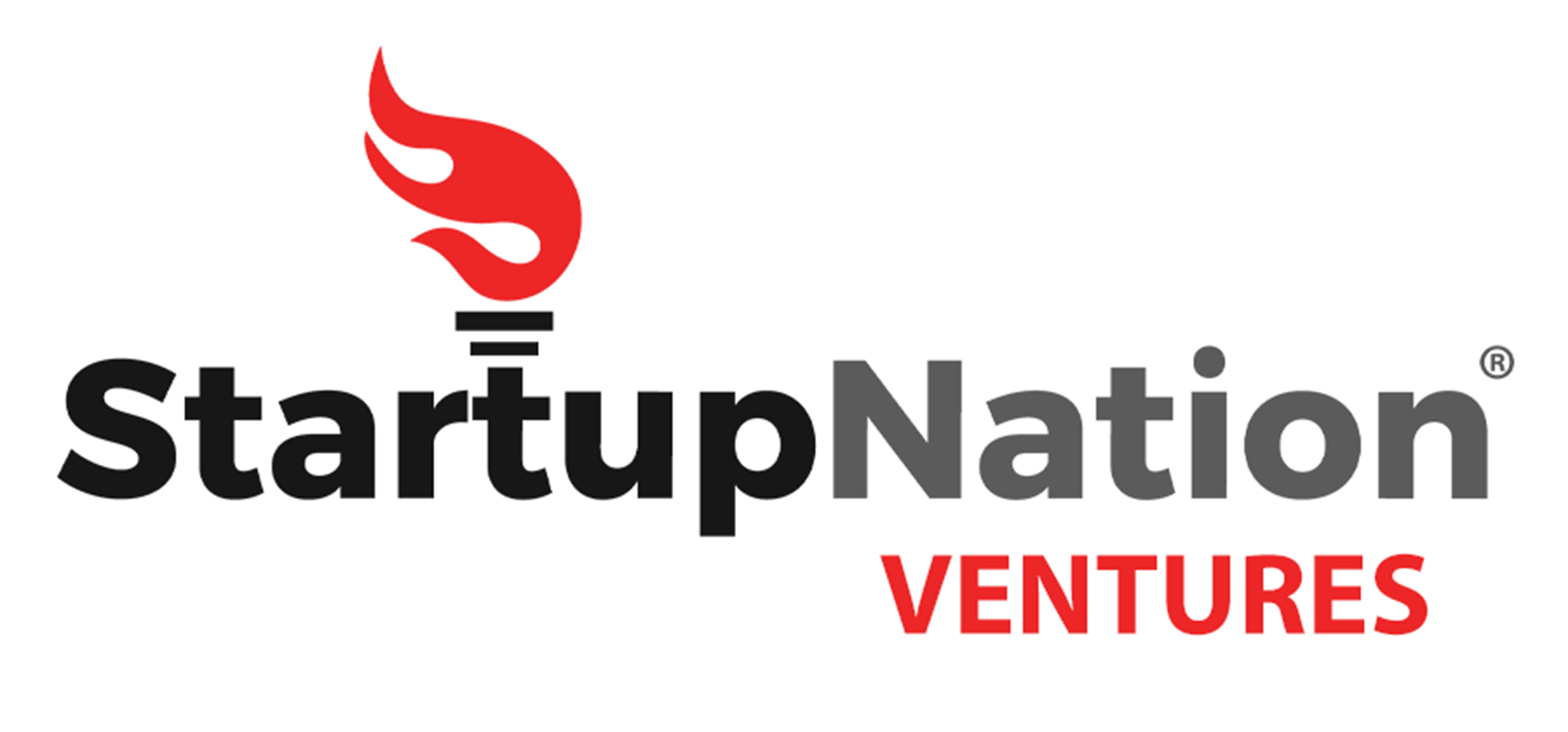If he were a betting man, Jeff Sloan would put some money down on Metro Detroit’s recovery.
And that means recovery in the areas that matter: stronger automotive manufacturers, up-and-coming industries like film, batteries and energy as well as a real entrepreneurial spirit. That sense of entitlement (you know, that fat, life-long, high-paying job on the assembly line) that has held this region back is lessening, Sloan notes, and not a second too soon.
Now, I don’t let just anyone talk about Detroit like that. This area is like my little brother, and you only get to make fun of family if you’re family. But Sloan has got the entrepreneurial chops and business background to make these assertions. And then some.
Check out what Sloan, a Flint native and co-founder of StartupNation, has to say about the business climate, and how we are poised to take advantage of it. (P.S. Did I mention that Entrepreneur magazine just named Detroit one of its best in terms of being ‘off the grid’ or a good place to forge your own way? Take a note, people.)
Some background: Jeff and his brother, Rich, created StartupNation together in 2002. The duo are longtime entrepreneurs, having started and grown many businesses. These include the world’s leading Arabian horse breeding operation, a consumer products import company and an early-stage venture development and financing firm (Sloan Ventures) that has infused more than $60 million into financing fast-growing technology companies.
StartupNation is a resource for starting a company with broadcast, online, print and event channels providing access to experts in their respective fields. Their website has 250,000 monthly users and more than 175,000 pages of business advice, networking opportunities, professional group forums and podcasts. They also wrote a book and companion DVD StartupNation: Open for Business (by the way, the DVD drops today…how’s that for timing?).
Sloan describes himself as a “Alex P. Keaton” type (remember the punk kid carrying a brief case on the 1980s television show “Family Ties”? My sister is still swooning.) He always worked for himself since he was a teenager. Even at 17, he had the sense of self to borrow a few bucks from his parents, pool it with a buddy and buy a house to renovate. They sold it for far more than the $7,000 it took to buy it (remember, this is Flint in the 1980s…not too far off from the Detroit of today, but I digress.) That sale truly fueled his fire for more, Sloan said.
Most recently, Sloan has launched a Southeast Michigan business accelerator or incubator called NextWave. Based in the Detroit suburb of Troy, it will house some 35 businesses in their start-up phase. The for-profit enterprise will soon expand internationally, Sloan said. They also are looking at other U.S. markets, including Cleveland and Pittsburgh.
On with the show…
Q: Do you see potential here?
A: It’s really unbelievable, the potential. I’m a cheerleader and an ambassador for Southeast Michigan. Through NextWave, I’m being pitched at least a business idea a day, sometimes four or five. I think what’s been missing here is a culture and an infrastructure to focus on our entrepreneur community. We’ve been so centered on our corporate companies because of the automotive industry. And that’s obviously great; we need them here. But they also recognize that we need small businesses and new ideas. … I’m so blown away by what I’m hearing and the ideas that people are approaching me with. They’re pretty sophisticated. I’m very impressed with the sophistication of the entrepreneurs here. They’re approaching us with everything from consumer ideas to automotive related to biotech to healthcare. The ideas certainly are sophisticated, but one thing I wouldn’t have expected is that the entrepreneurs have a pretty good grasp of how to create a business plan and how companies are created and grown in a traditional venture capital model. So there’s a lot of raw material. What’s missing is the connective tissue. You need the culture that brings everything together. It’s that catalytic converter that links things together and makes them viable. We need to bring it all together.
Q: What is motivating Metro Detroit entrepreneurs?
A: We’ve had a corporate perspective. Because of the unions and the big corporations, there is a certain sense of entitlement. In the past, you just go out and get a job and you’ve got a sense of security for the rest of your life. Well, hello. Corporations are no longer offering a sense of a security like before. You’re better off being your own boss. … What you need is an incredible driver. People don’t just want to start businesses today to make more money or all those glorious reasons we have when the economy is good. Now it’s not about moving up from a Volkswagen to a Mercedes. Now it’s about existence. Jobs have dried up, unemployment benefits are running out. If you can’t get a job, you’re not left with a lot of choice if you have mouths to feed. Starting a business has fallen into the realm of necessity not a want. That’s a much stronger driver than I want to buy a much fancier car or I want to buy a boat. Those things fall into the category of desire. Feeding your kids is a need. People’s desire to start a business has amped up so much. We’ve seen traffic (at our Web site) up significantly. And the demand at NextWave – we’ve only been open 30 days – has far exceeded what we expected at this level. We could be looking at 10 new companies a day.
Q: Where do you see potential where others may not?
A: I do believe that the auto companies now that they’re right sized have the potential to be successful businesses. Now we could have companies based in Southeast Michigan that are really extraordinary companies. We don’t have to turn our heads (in shame) because of another quarter of losses. I don’t believe those will be the stories of the future. I think they’re going to more innovative, nimble and entrepreneurial, and, therefore, much more exciting from the product to the way they’re going to be run. Plus, Michigan is becoming a capital of movie making. Who would ever think we could be the next Hollywood? And it’s happening. Those two things in additional to the entrepreneurial environment that I mentioned earlier are exciting. There have been new approaches to energy and battery manufacturing. There’s a real chance that Michigan could emerge as a major player in entrepreneurial and new economy objectives.
Q: So what happens next?
A: One thing we’re working on is bringing back Digital Detroit. It was an annual conference I helped to start and operate from 2000 to 2004. We’re bringing it back in May 2011. We need something to bring the pieces back together and help seed business activity here. People are asking me to bring it back, and I’m back here now (after living in Phoenix). … I ended up coming back here quite frankly because this is home. There really is something to be said for Midwestern values. I knew I wanted to raise a family in an environment like this with these people around them. The level of quality of people here is high. This is where I came from, this is what I know and this is what I appreciate. In the end, it’s all about the people. Even when we evaluate a new business opportunity, it’s all about the jockey, not the horse. When you start with a good quality base of people here, anything’s possible. That counts. Somehow it tends to get lost in business, but let me tell you that counts a lot. If you lack character or quality as a person, it comes out in business, especially in a small business environment. If you lack those qualities, you will somehow compromise your business one way or another.
Read more: http://detroit.blogs.time.com/2010/08/10/qa-jeff-sloan-on-detroits-entrepreneurial-environment/




